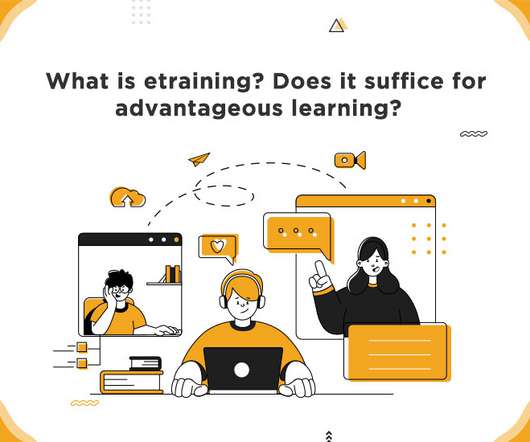Have you heard about cafeteria learning?
Matrix
DECEMBER 18, 2018
Whether applied in an instructor–led environment or in e-learning, this approach proves to be both engaging and effective. It’s like adaptive learning with the learner acting as the optimization engine. The concept in nutshell is explained by Jillian Douglas here: The post Have you heard about cafeteria learning?
















Let's personalize your content